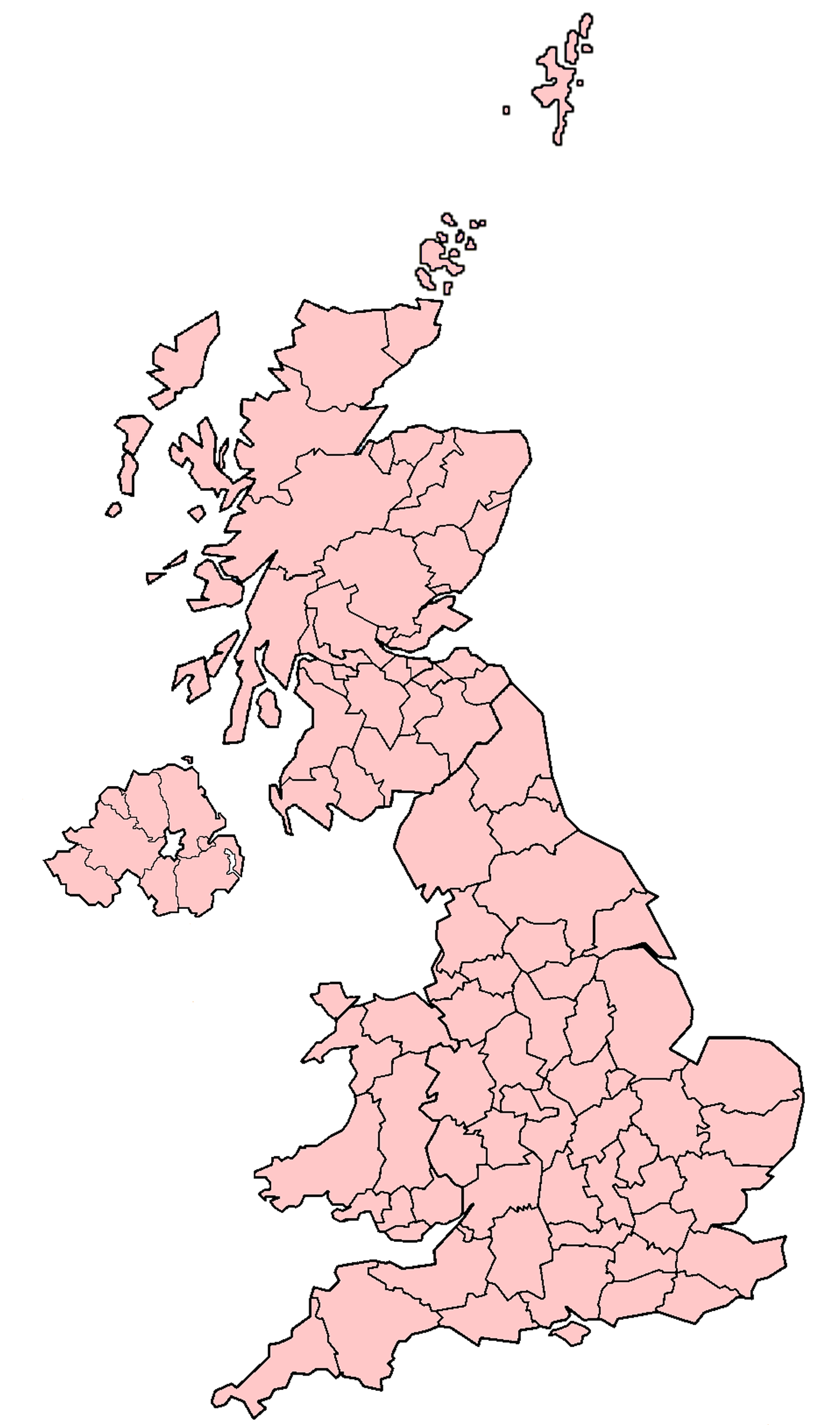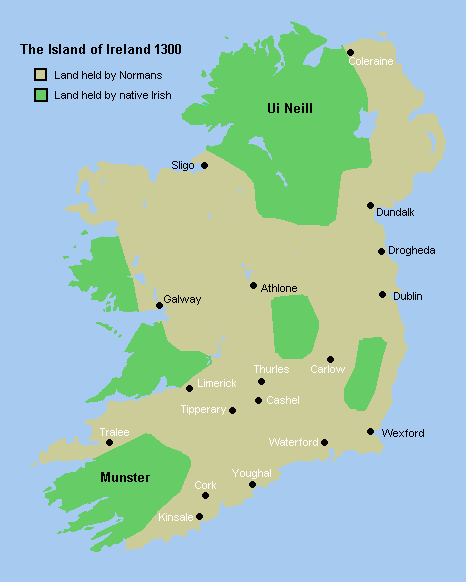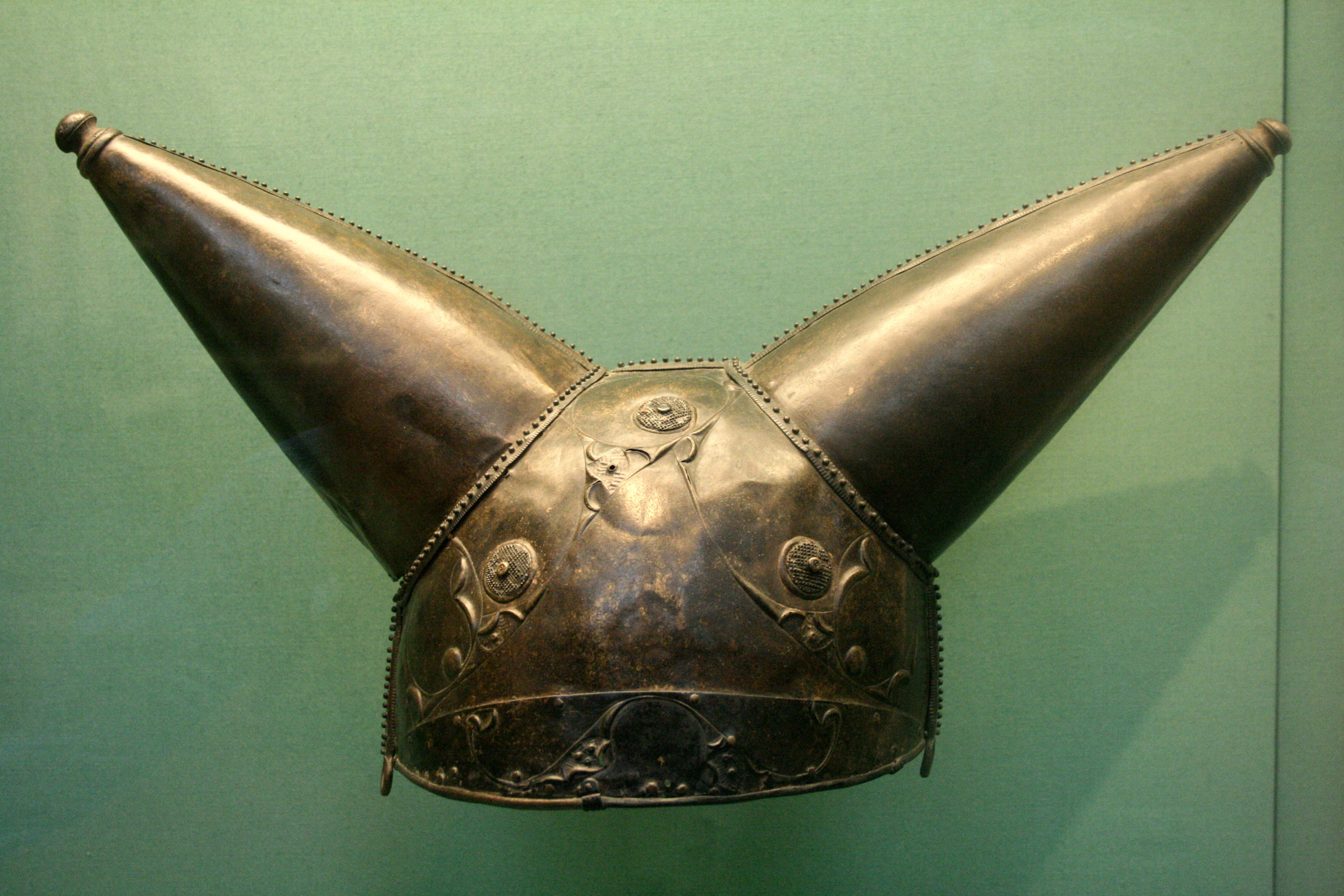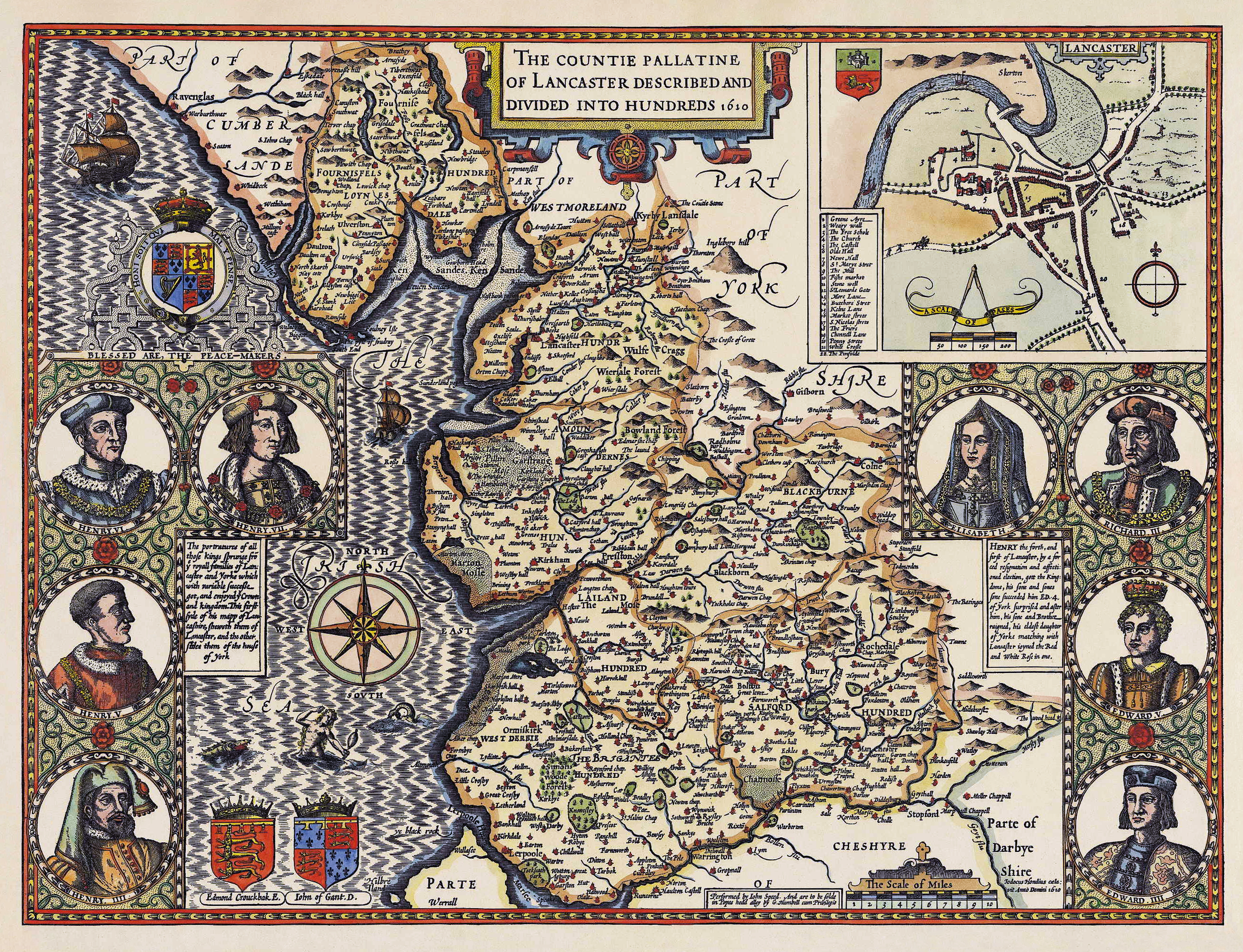|
Lord Lieutenants
A lord-lieutenant ( ) is the British monarch's personal representative in each lieutenancy area of the United Kingdom. Historically, each lieutenant was responsible for organising the county's militia. In 1871, the lieutenant's responsibility over the local militia was removed. However, it was not until 1921 that they formally lost the right to call upon able-bodied men to fight when needed. Lord-lieutenant is now an honorary titular position usually awarded to a notable person in the county, and despite the name, may be either male or female, peer or not. Origins England and Wales Lieutenants were first appointed to a number of English counties by King Henry VIII in the 1540s, when the military functions of the sheriffs were handed over to them. Each lieutenant raised and was responsible for the efficiency of the local militia units of his county, and afterwards of the yeomanry and volunteers. He was commander of these forces, whose officers he appointed. These commissions we ... [...More Info...] [...Related Items...] OR: [Wikipedia] [Google] [Baidu] |
City Of London Militia Act 1662
The City of London Militia Act 1662 (14 Cha. 2. c. 3) or Militia Act 1662 is an Acts of Parliament in the United Kingdom, Act of the Parliament of England which codified the power of Lord-lieutenant#England and Wales, [lord-]lieutenants of places in England and Wales to raise the militia (English), militia. In practice, most lieutenancy areas were Counties of the United Kingdom, counties, but the 1662 act made exemptions for the Constable of the Tower and Lord Warden of the Cinque Ports to act as lieutenants within their jurisdictions (the Tower division, Tower Hamlets and Cinque Ports, Confederation of Cinque Ports respectively). Most provisions of the 1662 act were implicitly repealed by subsequent Militia Act (other), Militia Acts, and the whole act was explicitly repealed by the Statute Law Revision Act 1863 except in relation to the City of London, Tower Hamlets, and Cinque Ports. The Territorial Army and Militia Act 1921 repealed the whole act except for section 1 ... [...More Info...] [...Related Items...] OR: [Wikipedia] [Google] [Baidu] |
Counties Of Ireland
The counties of Ireland (Irish language, Irish: ) are historic administrative divisions of the island. They began as Normans in Ireland, Norman structures, and as the powers exercised by the Cambro-Norman barons and the Old English (Ireland), Old English nobility waned over time, new offices of political control came to be established at a county level. The number of counties varied depending on the time period, however thirty-two is the traditionally accepted and used number. Upon the partition of Ireland in 1921, six of the traditional counties became part of Northern Ireland. In Northern Ireland, Counties of Northern Ireland, counties ceased to be used for local government in 1973; Local government in Northern Ireland, districts are instead used. In the Republic of Ireland, some counties have been split resulting in the creation of new counties: there are currently 26 counties, 3 cities and 2 cities and counties that demarcate areas of local government in the Republic of Ire ... [...More Info...] [...Related Items...] OR: [Wikipedia] [Google] [Baidu] |
Cinque Ports
The confederation of Cinque Ports ( ) is a historic group of coastal towns in south-east England – predominantly in Kent and Sussex, with one outlier (Brightlingsea) in Essex. The name is Old French, meaning "five harbours", and alludes to the original five members (Hastings, New Romney, Hythe, Kent, Hythe, Dover and Sandwich, Kent, Sandwich). At its peak in the Late Middle Ages, the confederation included over 40 members. There is now a total of 14 members: five "head ports", two "ancient towns" and seven "limbs". The confederation was originally formed for military and trade purposes, but is now entirely ceremonial. The ports lie on the western shore of the English Channel, where the crossing to the European continent is narrowest. Inhabitants of the Cinque Ports are called ''Portsmen''. Origins The origins of the confederation are obscure, but are believed to lie in the late History of Anglo-Saxon England, Anglo-Saxon period, and specifically in the reign of Edward the ... [...More Info...] [...Related Items...] OR: [Wikipedia] [Google] [Baidu] |
Ex Officio
An ''ex officio'' member is a member of a body (notably a board, committee, or council) who is part of it by virtue of holding another office. The term '' ex officio'' is Latin, meaning literally 'from the office', and the sense intended is 'by right of office'; its use dates back to the Roman Republic. According to '' Robert's Rules of Order'', the term denotes only how one becomes a member of a body. Accordingly, the rights of an ''ex officio'' member are exactly the same as other members unless otherwise stated in regulations or bylaws. It relates to the notion that the position refers to the position the ex officio holds, rather than the individual that holds the position. In some groups, ''ex officio'' members may frequently abstain from voting. Opposite notions are dual mandate, when the same person happens to hold two offices or more, although these offices are not in themselves associated; and personal union, when two states share the same monarch. For profit and nonpr ... [...More Info...] [...Related Items...] OR: [Wikipedia] [Google] [Baidu] |
Warden Of The Cinque Ports
Lord Warden of the Cinque Ports is the name of a ceremonial post in the United Kingdom. The post dates from at least the 12th century, when the title was Keeper of the Coast, but it may be older. The Lord Warden was originally in charge of the Cinque Ports, a group of five ( in Norman French) port towns on the southeast coast of England formed to collectively supply ships for The Crown in the absence of a formal navy at that time. Today, the post is a sinecure and an honorary title, and 14 towns belong to the Cinque Ports confederation. The title is one of the higher honours bestowed by the Sovereign; it has often been held by members of the Royal Family or by prime ministers, especially those who were influential in defending Britain in times of war. The Lord Warden was solely responsible for the return of all writs to the Crown, along with the collection of taxes and the arrest of criminals. His court was held in St James's church, near Dover Castle, and there he exercised ju ... [...More Info...] [...Related Items...] OR: [Wikipedia] [Google] [Baidu] |
Constable Of The Tower Of London
The Constable of the Tower is the most senior appointment at the Tower of London. In the Middle Ages a constable was the person in charge of a castle when the owner—the king or a nobleman—was not in residence. The Constable of the Tower had a unique importance as the person in charge of the principal fortress defending the capital city of Kingdom of England, England. Today the role of Constable is a ceremonial one and mainly involves taking part in traditional ceremonies within the Tower as well as being part of the community that lives within its perimeter. The Constable is also a trustee of Historic Royal Palaces and of the Royal Armouries. Under the ''King's Regulations for the Army'', the office of Constable is conferred upon a Field marshal (United Kingdom), field marshal or a retired General (United Kingdom), general officer for a five-year term. The Constable appointed in 2022 is General Sir Gordon Messenger. The Constable's ceremonial deputy is the Lieutenant of the T ... [...More Info...] [...Related Items...] OR: [Wikipedia] [Google] [Baidu] |
Middlesex
Middlesex (; abbreviation: Middx) is a Historic counties of England, former county in South East England, now mainly within Greater London. Its boundaries largely followed three rivers: the River Thames, Thames in the south, the River Lea, Lea to the east and the River Colne, Hertfordshire, Colne to the west. A line of hills formed its northern boundary with Hertfordshire. The county was the List of counties of England by area in 1831, second smallest of the historic counties of England, after Rutland. The name of the county derives from its origin as a homeland for the Middle Saxons in the early Middle Ages, with the county subsequently part of that territory in the ninth or tenth century. The City of London, formerly part of the county, became a self governing county corporate in the twelfth century; the City was still able to exert influence as the sheriffs of London maintained their jurisdiction in Middlesex, though the county otherwise remained separate. To the east of t ... [...More Info...] [...Related Items...] OR: [Wikipedia] [Google] [Baidu] |
City Of London
The City of London, also known as ''the City'', is a Ceremonial counties of England, ceremonial county and Districts of England, local government district with City status in the United Kingdom, city status in England. It is the Old town, historic centre of London, though it forms only a small part of the larger Greater London metropolis. The City of London had a population of 8,583 at the 2021 United Kingdom census, 2021 census, however over 500,000 people were employed in the area as of 2019. It has an area of , the source of the nickname ''the Square Mile''. The City is a unique local authority area governed by the City of London Corporation, which is led by the Lord Mayor of London, Lord Mayor of the City of London. Together with Canary Wharf and the West End of London, West End, the City of London forms the primary central business district of London, which is one of the leading financial centres of the world. The Bank of England and the London Stock Exchange are both ba ... [...More Info...] [...Related Items...] OR: [Wikipedia] [Google] [Baidu] |
Peers Of The Realm
A peer of the realm is a member of the highest aristocratic social order outside the ruling dynasty of the kingdom. Notable examples are: * a member of the peerages in the United Kingdom, who is a hereditary peer or a life peer * a member of the Peerage of France (from French noble style " pair" in monarchies), of a similar order, as used in ** the Kingdom of France ** the Kingdom of Jerusalem (crusader state) ** the Monarchy of Canada: Canadian nobility in the Peerage of France * nobility proper of the Polish–Lithuanian Commonwealth who enjoyed hereditary ''paritas'': those who would sit by hereditary right in Land Parliaments, or be Royal Electors, enjoy personal immunity, and the right to be judged only by the King's Court or the Court of Peers; also the exclusive right to be granted State or Land dignities and titles. The Skartabelli who were middle-nobility in law were not peers, whilst noblemen who were not direct barons of the Crown but held land from other Lords were ... [...More Info...] [...Related Items...] OR: [Wikipedia] [Google] [Baidu] |
County Palatine
In England, Wales and Ireland a county palatine or palatinate was an area ruled by a hereditary nobleman enjoying special authority and autonomy from the rest of a kingdom. The name derives from the Latin adjective ''palātīnus'', "relating to the palace", from the noun ''palātium'', "palace". It thus implies the exercise of a ''quasi''-royal prerogative within a county, that is to say, a jurisdiction ruled by an earl, the English equivalent of a count. A duchy palatine is similar but is ruled over by a duke, a nobleman of higher precedence than an earl or count. The nobleman swore allegiance to the monarch yet had the power to rule the county largely independently of the king. It should therefore be distinguished from the feudal barony, held from the king, which possessed no such independent authority. Rulers of counties palatine created their own feudal baronies, to be held directly from them '' in capite'', such as the Barony of Halton. County palatine jurisdictions wer ... [...More Info...] [...Related Items...] OR: [Wikipedia] [Google] [Baidu] |




